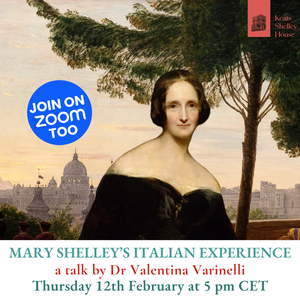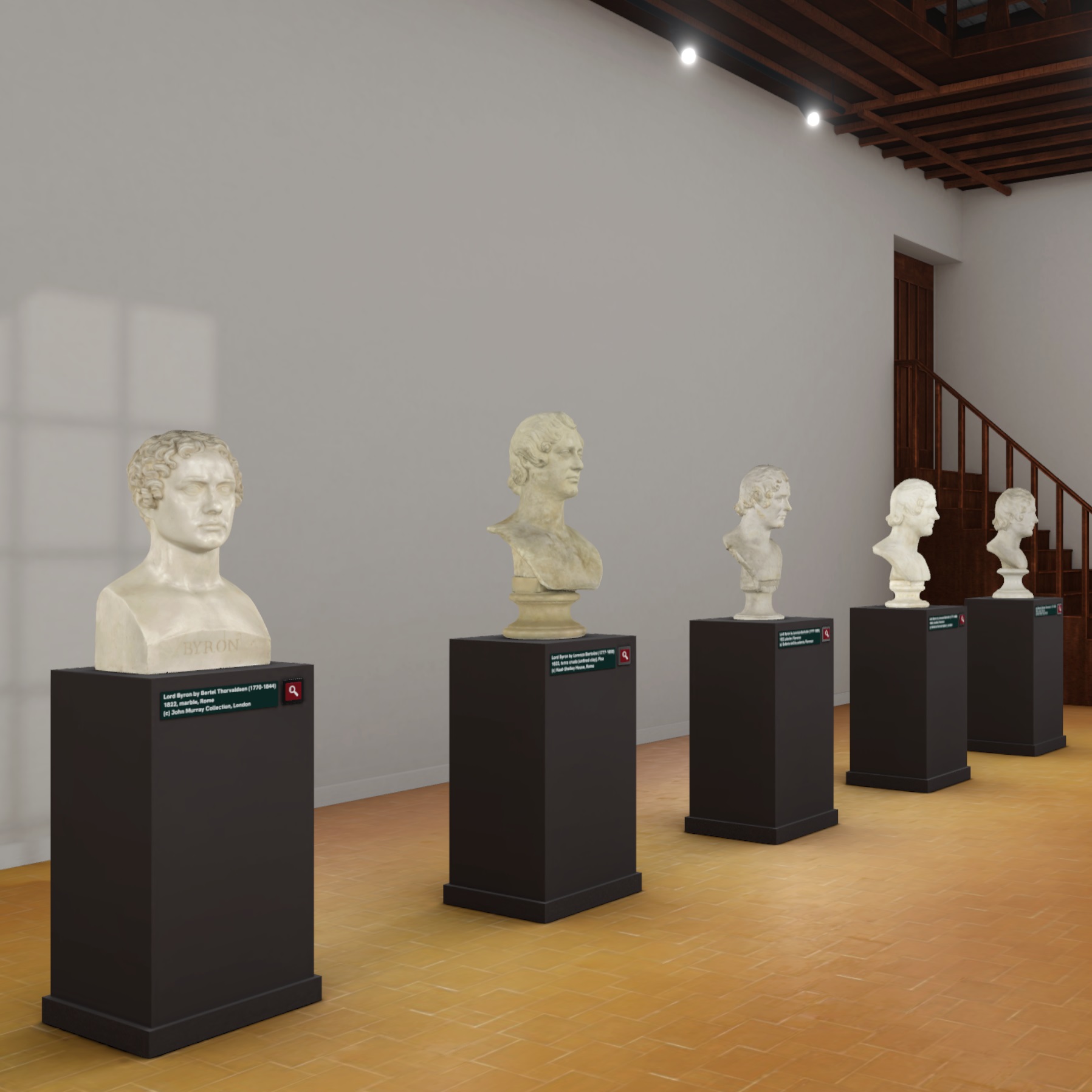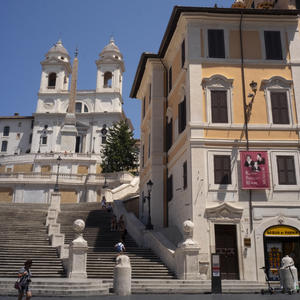Don Juan
Lord Byron
Don Juan
Canto I
LIV
Young Juan now was sixteen years of age,
Tall, handsome, slender, but well knit; he seemed
Active, though not so sprightly as a page;
And everybody but his mother deemed
Him almost a man, but she flew in a rage
And bit her lips (for else she might have screamed),
If any said so, for to be precocious
Was in her eyes a thing the most atrocious.
LV
Amongst her numerous acquaintance, all
Selected for discretion and devotion,
There was the Donna Julia, whom to call
Pretty were but to give a feeble notion
Of many charms in her as natural
As sweetness to the flower, or salt to ocean,
Her zone to Venus, or his bow to Cupid,
But this last simile is trite and stupid.
LVI
The darkness of her oriental eye
According with her Moorish origin.
Her blood was not all Spanish; by the by;
In Spain, you know, this is a sort of sin.
When proud Grenada fell, and forced to fly,
Boabdil wept, of Donna Julia's kin
Some went to Africa, some stayed in Spain.
Her great-great-grandmamma chose to remain.
LVII
She married (I forget the pedigree)
With an hidalgo, who transmitted down
His blood less noble than such blood should be;
At such alliances his sires would frown,
In that point so precise in each degree
That they bred in and in, as might be shown,
Marrying their cousins, nay, their aunts, and nieces,
Which always spoils the breed, if it increases.
LVIII
This heathenish cross restored the breed again,
Ruined its blood, but much improved its flesh;
For from a root the ugliest in Old Spain
Sprung up a branch as beautiful and fresh.
The sons no more were short, the daughters plain.
But there's a rumour which I fain would hush;
'Tis said that Donna Julia's grandmamma
Produced her Don more heirs at love than law.
LIX
However this might be, the race went on
Improving still through every generation,
Until it centred in an only son,
Who left an only daughter. My narration
May have suggested that this single one
Could be but Julia (whom on this occasion
I shall have much to speak about), and she
Was married, charming, chaste, and twenty-three.
LX
Her eye (I 'm very fond of handsome eyes)
Was large and dark, suppressing half its fire
Until she spoke; then through its soft disguise
Flashed an expression more of pride than ire,
And love than either. And there would arise
A something in them which was not desire,
But would have been, perhaps, but for the soul
Which struggled through and chastened down the whole.
LXI
Her glossy hair was clustered o'er a brow
Bright with intelligence, and fair, and smooth;
Her eyebrow's shape was like the aerial bow,
Her cheek all purple with the beam of youth,
Mounting at times to a transparent glow,
As if her veins ran lightning. She in sooth
Possessed an air and grace by no means common;
Her stature tall --- I hate a dumpy woman.
LXII
Wedded she was some years and to a man
Of fifty, and such husbands are in plenty;
And yet, I think, instead of such a one
'Twere better to have two of five-and-twenty,
Especially in countries near the sun.
And now I think on 't, mi vien in mente,
Ladies even of the most uneasy virtue
Prefer a spouse whose age is short of thirty.
LXIII
'Tis a sad thing, I cannot choose but say,
And all the fault of that indecent sun,
Who cannot leave alone our helpless clay,
But will keep baking, broiling, burning on,
That howsoever people fast and pray
The flesh is frail, and so the soul undone.
What men call gallantry, and gods adultery,
Is much more common where the climate's sultry.









